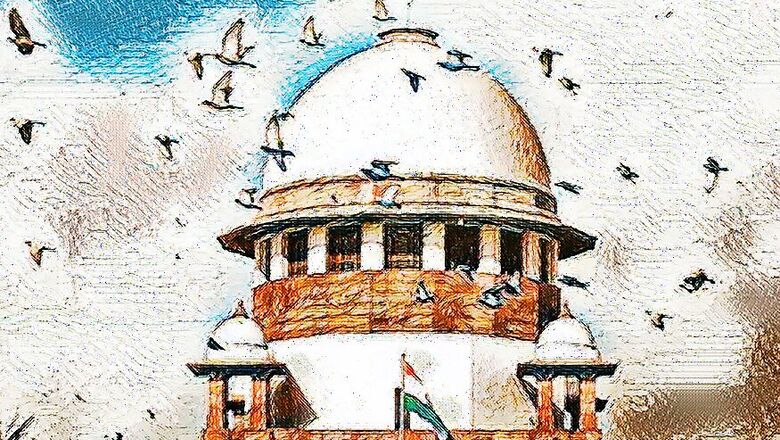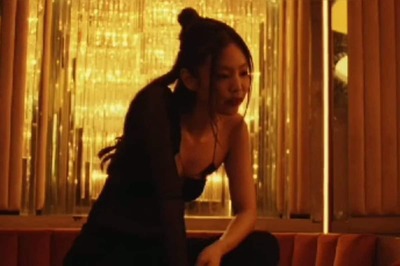
views
New Delhi: Senior advocate and a former additional solicitor general, Sidharth Luthra, has raised serious questions over the manner in which a three-judge bench in the Supreme Court declared a judgment by another three-judge bench as 'per incuriam'.
'Per incuriam', in legal parlance, means a judicial decision that failed to take into account relevant statutory provisions and precedents. In judicial history, only a handful of Supreme Court judgments have been declared 'per incuriam'.
Appearing before a Constitution Bench headed by Justice Arun Mishra, Lutha was arguing in a bunch of matters relating to interpretation of a provision in the land acquisition law when he brought to fore issues of procedural propriety.
Luthra, on Thursday, said the bench in the Indore Development case (2018) could not have declared the judgment in the Pune Municipal Corporation case (2014) as per incuriam since both benches were coequal in strength — three judges each.
Notably, it was bench led by Justice Mishra itself that had previously declared the Pune judgment to be per incuriam.
A controversy had erupted after this decision as it not only implied reopening all cases decided as per the Pune judgment but also flagged issues concerning judicial propriety and decorum.
He cited a precedent in this regard to state that in 2018, if the bench was not convinced with the 2014 judgment, the only option available to it was to refer the matter to the Chief Justice of India for setting up a larger bench.
Luthra read out from a Constitution Bench decision in Central Board of Dawoodi Bohra Community Vs State of Maharashtra, (2005), which summed up the legal position on judicial discipline.
"It will be open only for a bench of coequal strength to express an opinion doubting the correctness of the view taken by the earlier bench of coequal strength, whereupon the matter may be placed for hearing before a bench consisting of a quorum larger than the one which pronounced the decision laying down the law the correctness of which is doubted," the senior counsel referred from the Dawoodi Bohra judgment.
He submitted that in terms of this Constitution Bench decision, the three-judge bench in the Indore case, which doubted the correctness of the law laid down in the Pune judgment — delivered by a bench of coequal strength — ought to have directed it to be placed before a larger bench.
Luthra added that applying this principle, it is not the Pune judgment but in fact that Indore judgment which becomes per incuriam since it failed to acknowledge and honour the legal principles of the Constitution Bench decision.
"It is submitted that to that extent, the Indore judgment appears to be per incuriam, in terms of the law laid down in the Dawoodi Bohra judgment. It is therefore submitted that in case the law as laid down in the Pune judgment was to be disturbed, propriety would demand that the procedure as laid down in the Dawoodi Bohra judgment (of 5 judges) be followed," he contended.
When asked by the court if this was an issue before it, Luthra pointed out the issues framed by the bench last month, recording that question of per incuriam and other incidental questions are also to be gone into.
Luthra requested the top court to lend credence to the previous Constitution Bench verdict and lay down strong legal principle of judicial discipline in matters of adjudication. The arguments in this matter will resume on Tuesday.




















Comments
0 comment